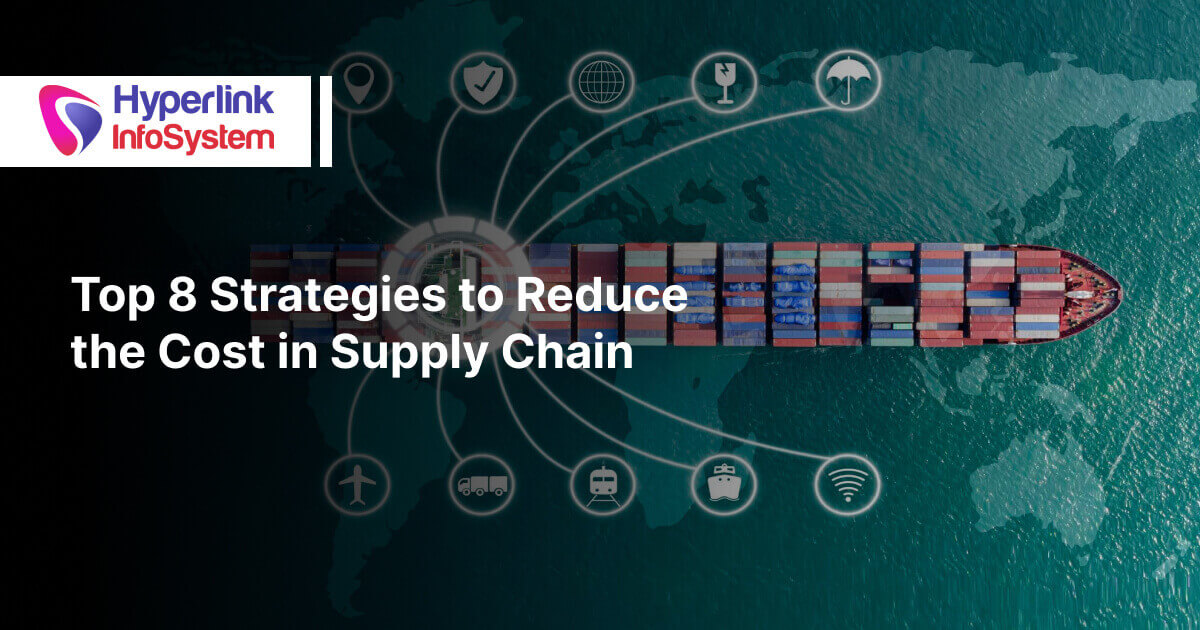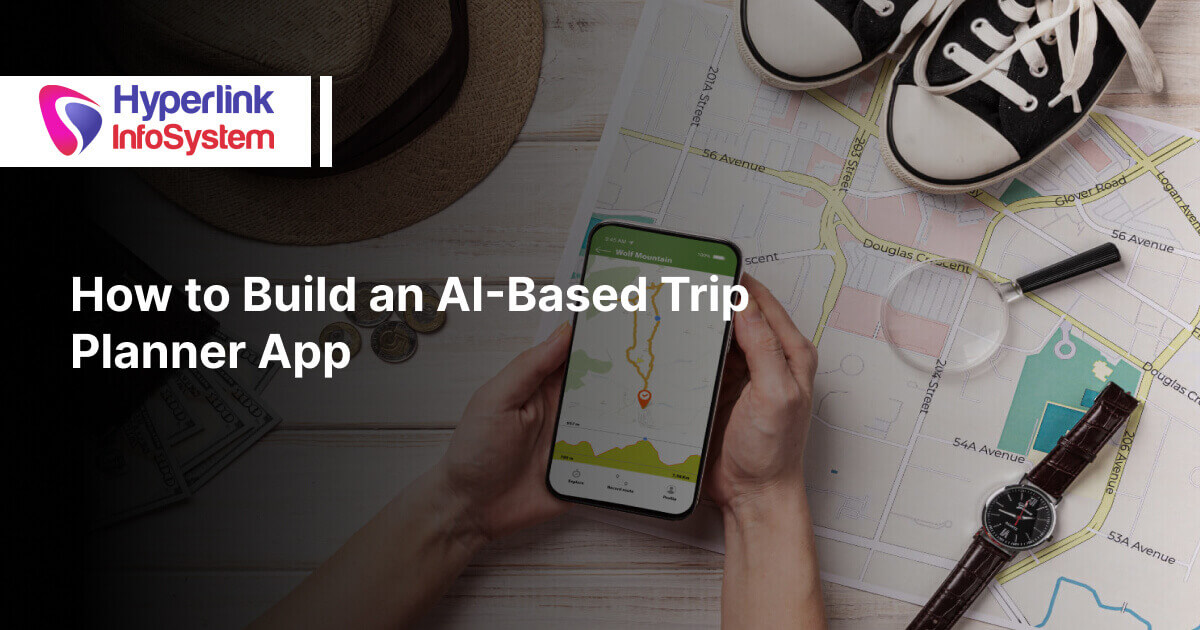Over two million different apps can be found in the Apple and Google app stores. Over 200 billion downloads are recorded every year. In addition, there are countless apps for company’s internal use that are typically not distributed via the public app stores. These numbers are an expression of a completely changed user behavior. Mobile devices enable people to be "always on" while at the same time being largely mobile. Mobile apps have therefore become an integral part of everyday business life. They are the companions of the mobile workforce and are used in practically all areas of the company and industries. Smartphones allows users to access certain technologies such as sensors, camera functions, integrated processors for artificial intelligence, voice control and much more expand the scope of the user experience beyond mere visual design. At Hyperlink InfoSystem, we use agile method in the development of excellent apps. This is what makes us one of the leading mobile app development companies in Slovakia.
Types of Mobile Applications
Carrying out a previous analysis of the business and asking yourself questions such as what is the objective of the application, the features and functionalities that you want to incorporate or the audience to which it is going to be directed, are just some of the questions to consider for the development of an app. Hyperlink InfoSystem can assist you in that regards:
Native Applications
Native applications may be the best known and most heard about thanks to their great advantages. Native apps are those that are developed under a specific programming language, that is, in Objective-C for iOS and in Java add Kotlin for Android.
This type of app can be found in application marketplaces such as the App Store and the Play Store and it is possible to download it on each device from these platforms.
Native applications are usually highly recommended for companies since they are the safest type of app and they produce the least errors. In addition, you can do a wide variety of integrations and implement the features and functionalities that you want.
Although the development time and cost of native mobile applications are greater compared to other apps, it must be taken into account that these types of applications are developed specifically for each operating system, so the work is double when having to create the app on Android and iOS. Also, the level of customization of the tool and the good performance provided by a native app is noteworthy and it manages to provide the best user experience.
Web Apps
As its name indicates, these types of applications have a lot to do with web pages. First of all, unlike native apps, they are not developed for each operating system, but are developed through JavaScript, CSS and HTML as if they were web pages. This makes them adapt to any system and device and they do not need any download for their operation. The web apps used through mobile devices based on a responsive design.
These applications represent a lower investment than native apps but they also have a worse performance and they usually need an internet connection for their operation. In addition, the level of customization is also lower than in the case of native ones.
Since it is developed as a website and does not require a download, no approval from the app marketplaces is necessary either. In summary, this type of easy-to-develop application is a web page that looks like an app and is developed in projects with a lower budget.
Hybrid Apps
This category of mobile application is a mix of native and web app. Hybrid apps have features of both native apps and web apps. Hybrid applications are developed through JavaScript, HTML and CSS as is done with web apps. However, you can access the functionalities and features of the native apps with them.
This type of mobile application also has its advantages and disadvantages. It is not necessary to develop an app for each operating system and you cannot access all the functionalities that a native app allows.
These tools are multiplatform and cheaper so they tend to be adapted to projects that do not yet have enough resources to create a native app.
Benefits of Mobile App Developed by Hyperlink InfoSystem
Personalization of The Offer
Mobile apps enable detailed personalization. This can enable direct marketing tailored to the individual needs of the user. This can be achieved through in-app personalization, whereby suitable push notifications can also be used. In addition, analytics can be created to determine which parts of your app are used the most and to facilitate future decisions.
Improve Utility And Efficiency
An important benefit of a mobile application is that it can improve its usefulness and efficiency - both for your business and for the user. For the user, the app can make it possible to get tasks done faster and with fewer clicks. For a company, a mobile application can help automate more tasks - reducing the number of queries and manual work (e.g. paying in the mobile application versus using a card terminal or handling cash). Mobile apps also make it easy to collect feedback - from simple star ratings to more detailed feedback questionnaires.
The Competitive Advantage
A mobile application can be a competitive advantage. If you have an app and your main competitors don't, this is a good differentiator that can help a potential customer choose your business.
 +1 309 791 4105
+1 309 791 4105















































 +91 8000 161161
+91 8000 161161
